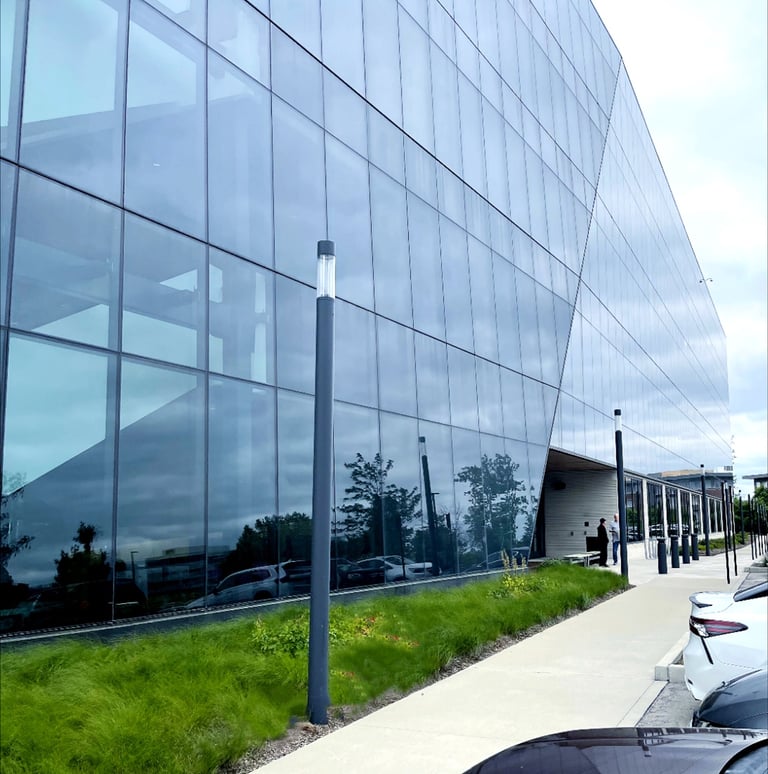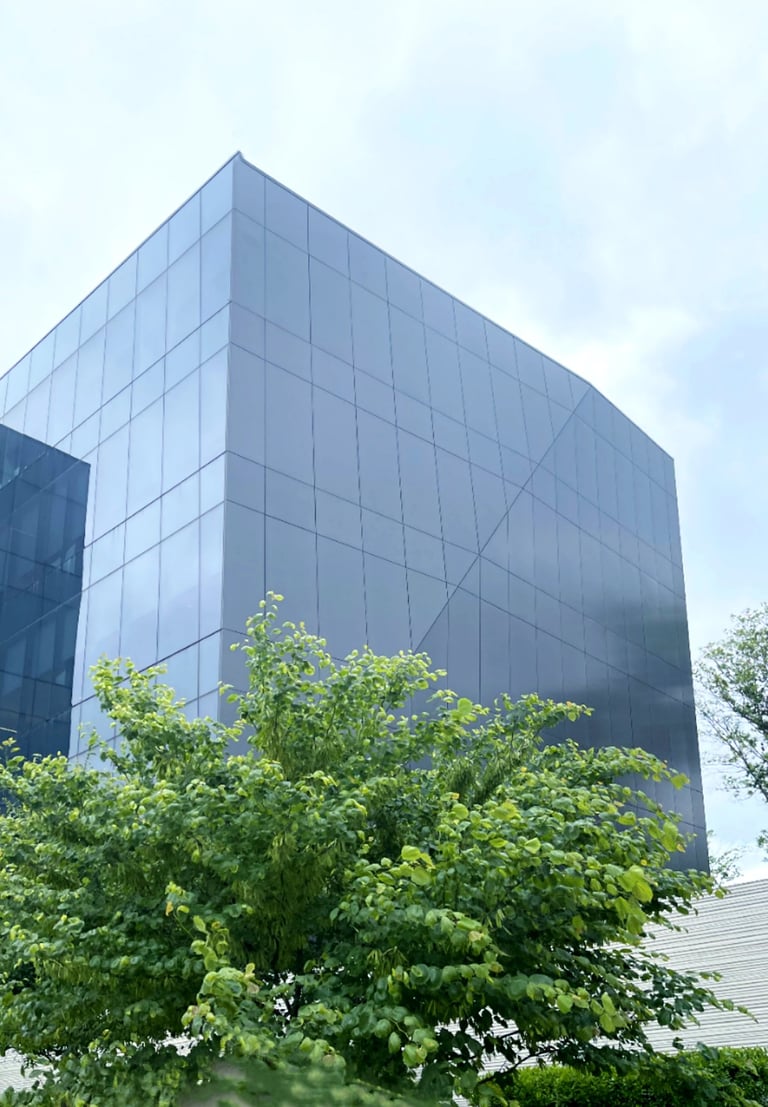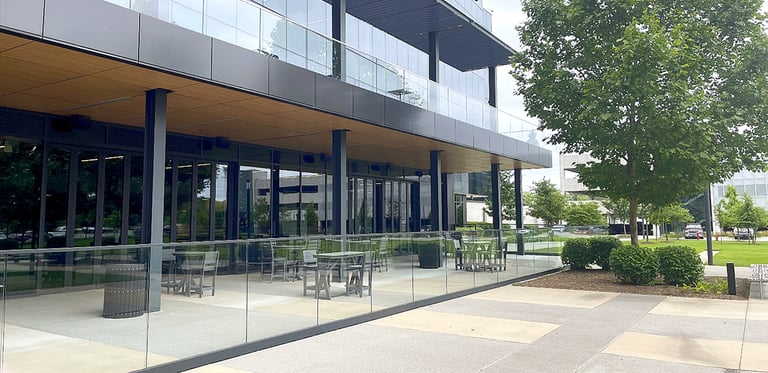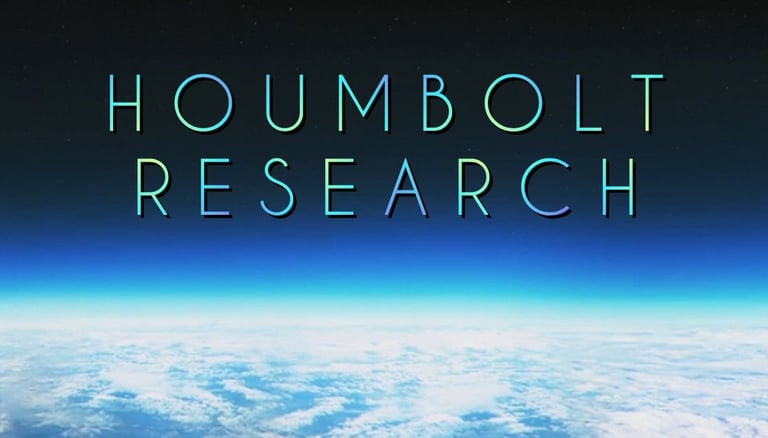

Smithsonian Researchers
Every year, HRC appoints a Smithsonian Field Researcher. Elegible applicants are recent top graduate students showing outstanding promise in hard sciences, social sciences or humanities related to human mobility, migration studies, space travel, quantum physics, robotics, AI regulation/adaptation, or interlinked research agendas in quantum theory, social sciences and human development.
Requirements:
PhD or Master's degree in related field (Quantum physics, chemistry, aerospace engineering, aerospace sciences, biomechanics, biotechnology, air and space law, astronomy instrumentation, space operations, AI space integration, AI and the law).
A minimum of one year of lab experience, field research, or interdisciplinary research in space travel, operations, adaptations and/or regulations.
Clear potential to receive major research grants.
Polyglot with multicultural exposure and international experience.
Superior intellectual curioisity and innovation.
A minimum of one year of postgraduate experience in the field.
Application:
CV detailing list of publications, research projects, lab reports, and institutional research experience.
Cover letter.
Personal statement (5 pages).
Diversity statement (3 pages).
Three letters of reference.
Research project (10 pages).
Research Funding Application (6 pages).
Publication sample.
Applications are now closed. Application package must be submitted via email to HRCIndianapolis@haclr.org by April 30, 5:00 PM ET.
Visiting Fellowships
Visiting fellowship applications are open to both US citizens and academics from around the world. Visiting fellows are appointed for one year only by HRC Selections Committee. Appointments can be extened for six months.
Visiting fellows must be nominated by their government, an institution in their home country, a HRC partner. Visiting fellows are highly competitive and motivated researchers whose research agenda is likely to replicate in measurable research outcomes aligned with our research clusters.


Qualifications:
Ph.D. in related research clusters' areas (quantum physics, byophisics, astrophysics, neuropsychology, social psychology, artificial intelligence engineering, computer science, social sciences, human rights, law and technology, space administration, space law, intellectual property, national security, global affairs, public policy, foreign policy, international relations, international law, comparative law, comparative and multucultural studies).
Proven record of academic excellence.
Proven record of publications in leading journals or scientific outlets.
Ability to conduct unsupervised interdisciplinary, transdisciplinary or multidisciplinary research.
Independent thought, international and multicultural exposure, and ability to communicate effectively in at least three languages.
Potential to obtain research funding.
Excellent recommendations.
The deadline to apply has passed. Applications for the 2025-2026 visiting fellowship competition will begin in May 2026.
Application:
CV including list of publications and research experience.
Letter of interest.
Nomination letter.
Academic transcripts.
Three contacts for potential letters of recommendation.
Research project for HRC (10 pages).
Two publication samples.
Senior Fellowships
Every year, HRC appoints two to three Senior Fellows to conduct advanced interisciplinary research (50 percent worload) and deliver seminars and lectures (50 percent workload) to researchers, graduate students affiliated to HRC or HACLR, HRC clients, visiting faculty, and visiting fellows. Elegible applicants are leading scholars in their field with proven high-quality research outcomes and research products measured by their scientific, regulatory and social impact (publications, presentations, reports, congressional hearings, policy/legislation, case law, etc.)


Responsabilities:
Engage in interdisciplinary, transdisciplinary or multidisciplinary research related to AI, quantum technology, human functionality, AI regulation, AI ethics, QAI integration, QT innovation, law and technology, human rights and human development, and/or global mobility (migration and displacement).
Design the HACLR Speaker Series.
Design and deliver lectures and seminars in their area of expertise.
Serve as external advisor for graduate students conducting research at the Center or participating in our seminars.
Contribute and support with their expertise the development and publication of HRC Research Reports.
The deadline to apply has passed. Applications for the 2026-2027 Fellowship competition will begin in September 2025.


Application:
CV including list of publications, teaching and research experience.
Cover letter.
Academic transcripts.
Three contacts for potential letters of recommendation.
Research project for HRC (10 pages).
Research funding application for external funding (6 pages).
Research agenda (10 pages).
Teaching statement.
Three peer-reviewed publication samples of scientific value.
Qualifications:
Both PhD and superior academic record with list of honors are required.
Record of publications in top journals and leading scientific outlets.
High level of independence and intellectual curiosity.
Superior written and verbal communication skills in at least three languages and proven ability to work with multicultural teams.
Technical, tactical, and International expertise.
Proven ability to obtain research funding.
Proven record of interdisciplinary and multidisciplinary research.
Stellar references.
US citizenship or residence.

